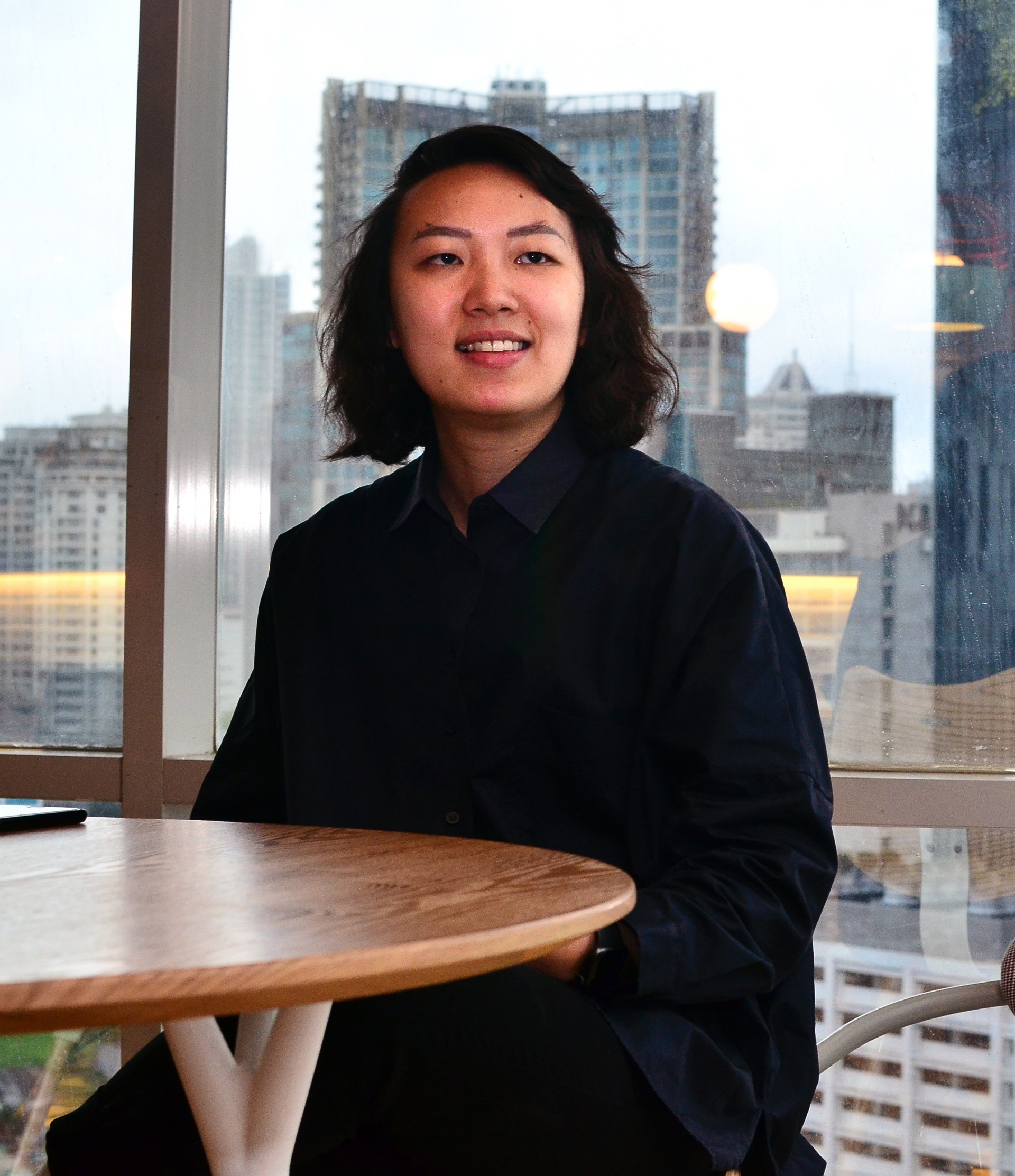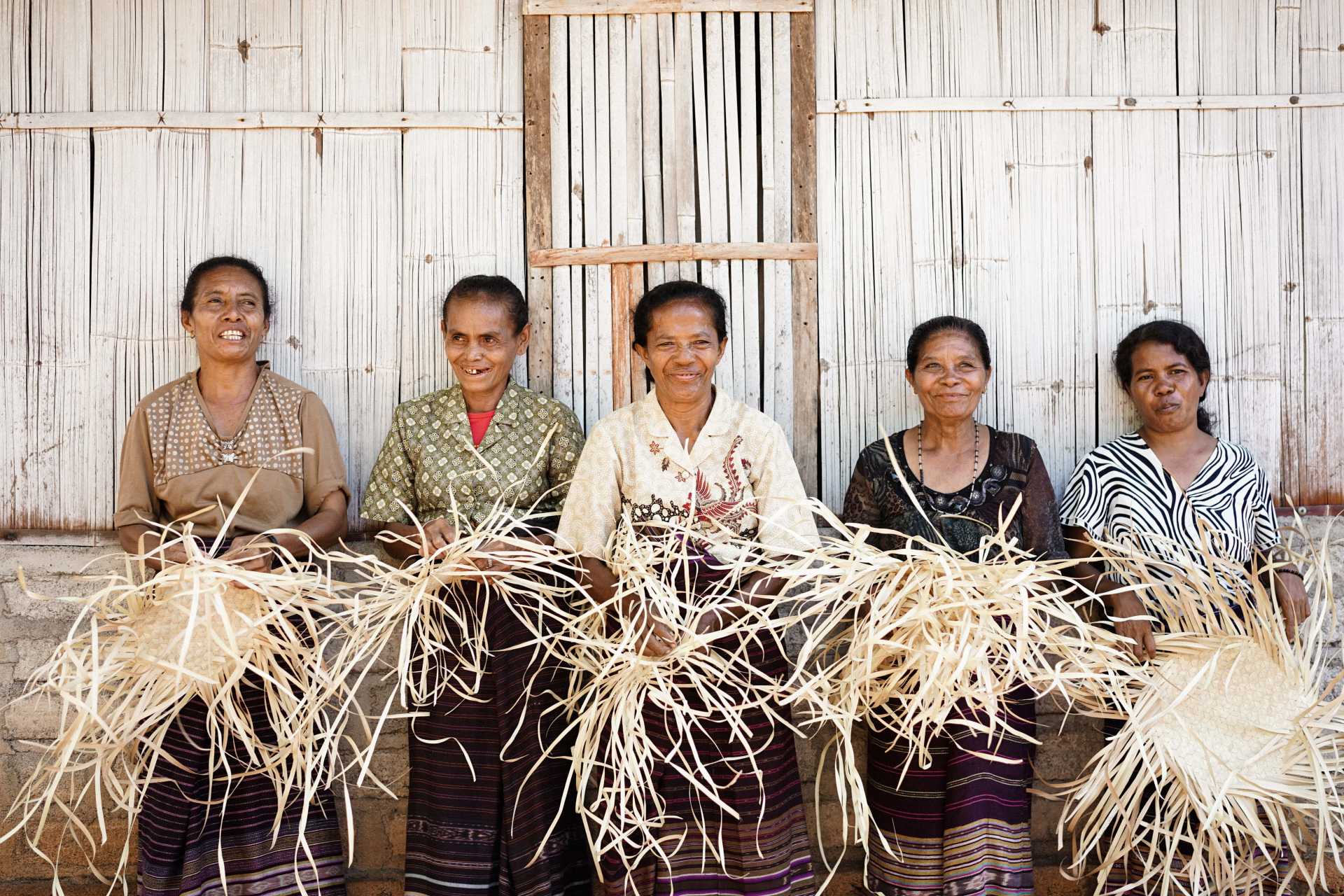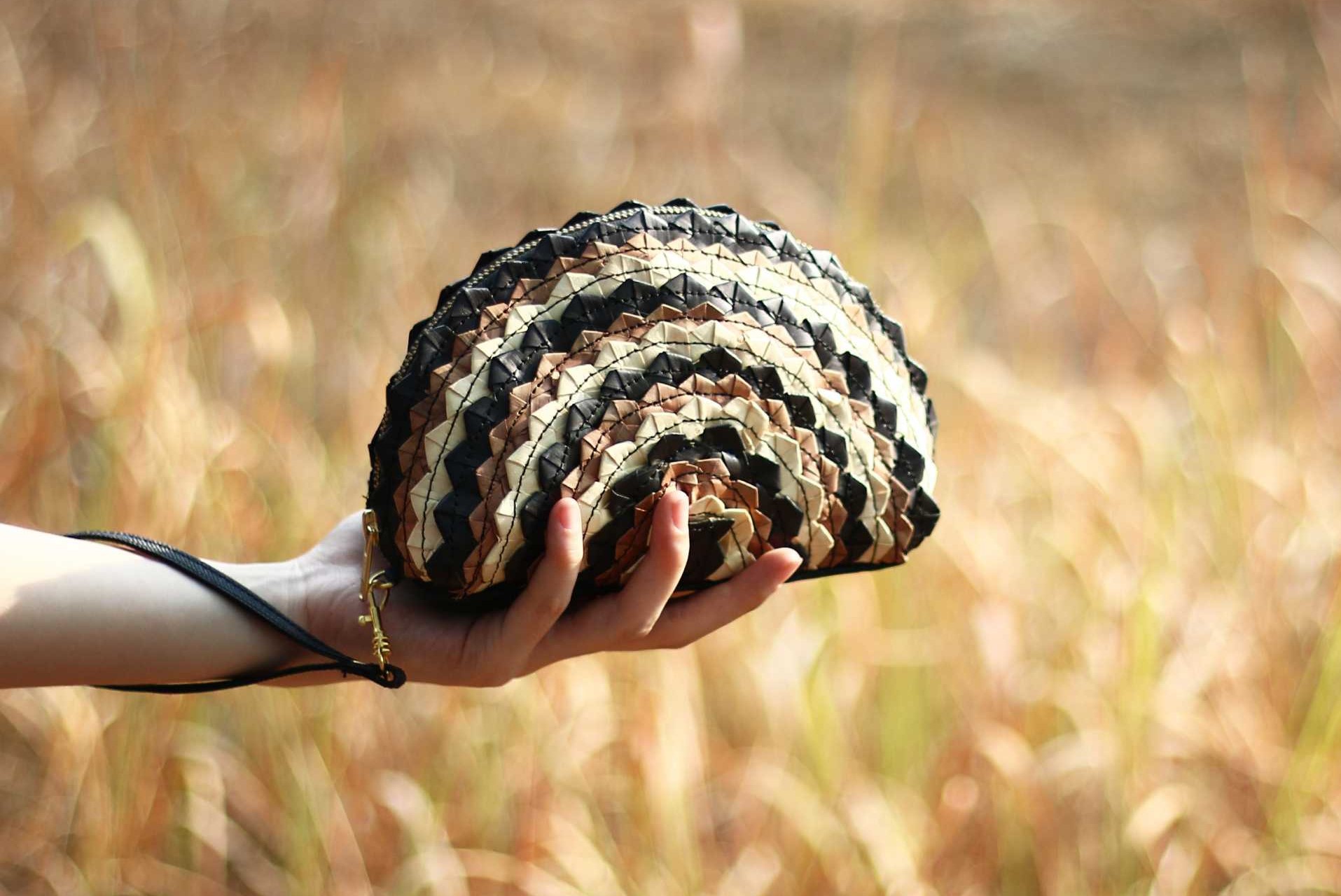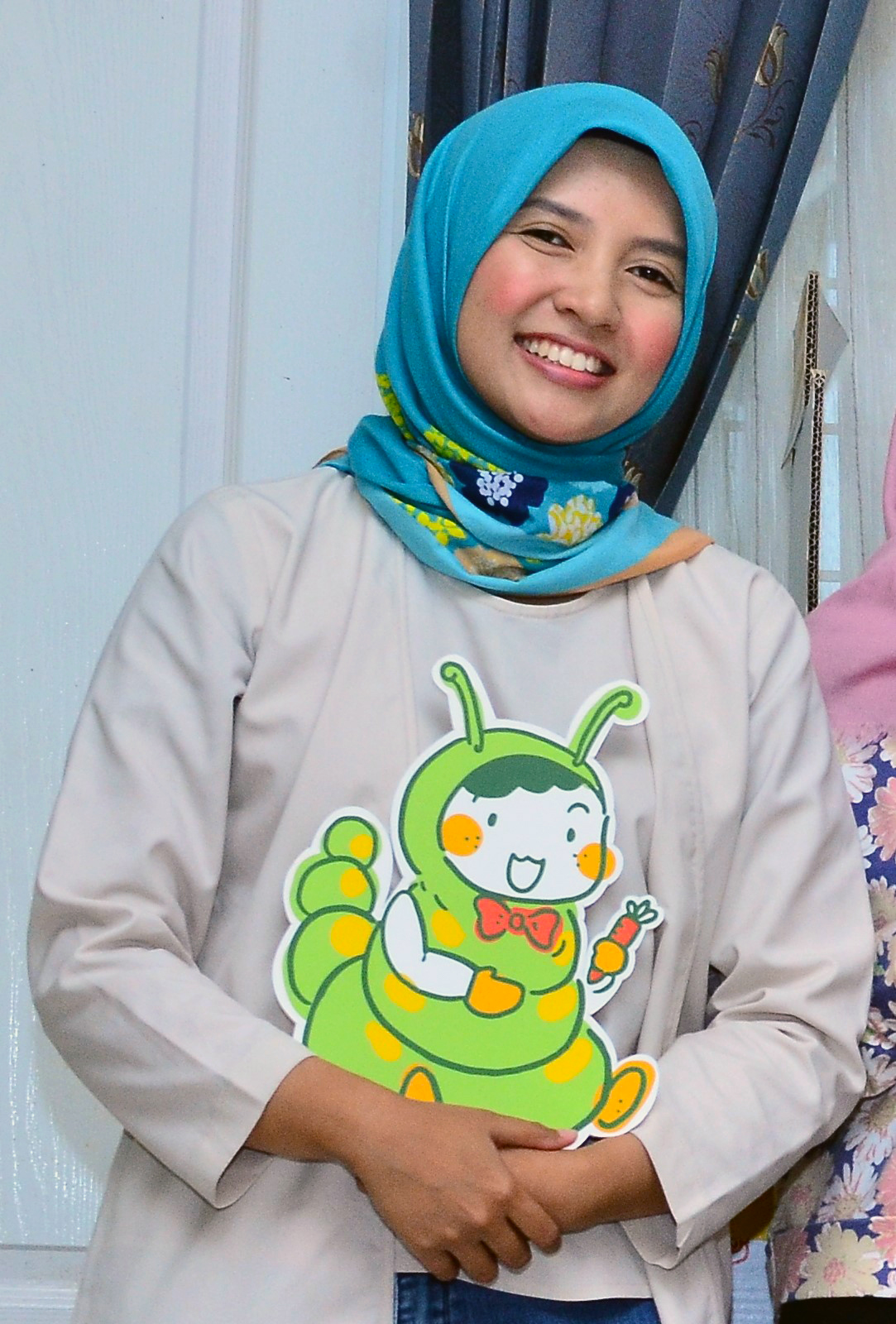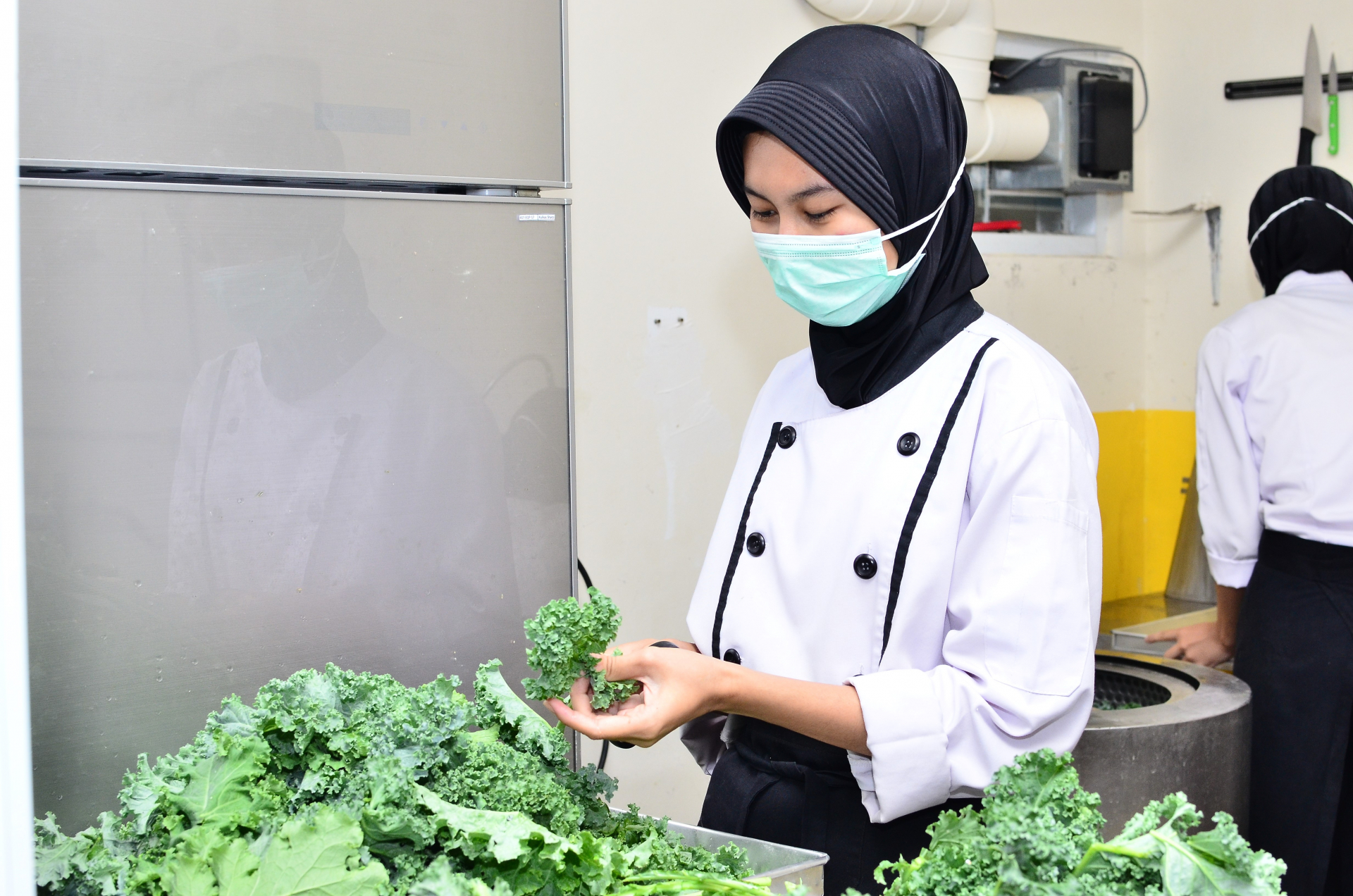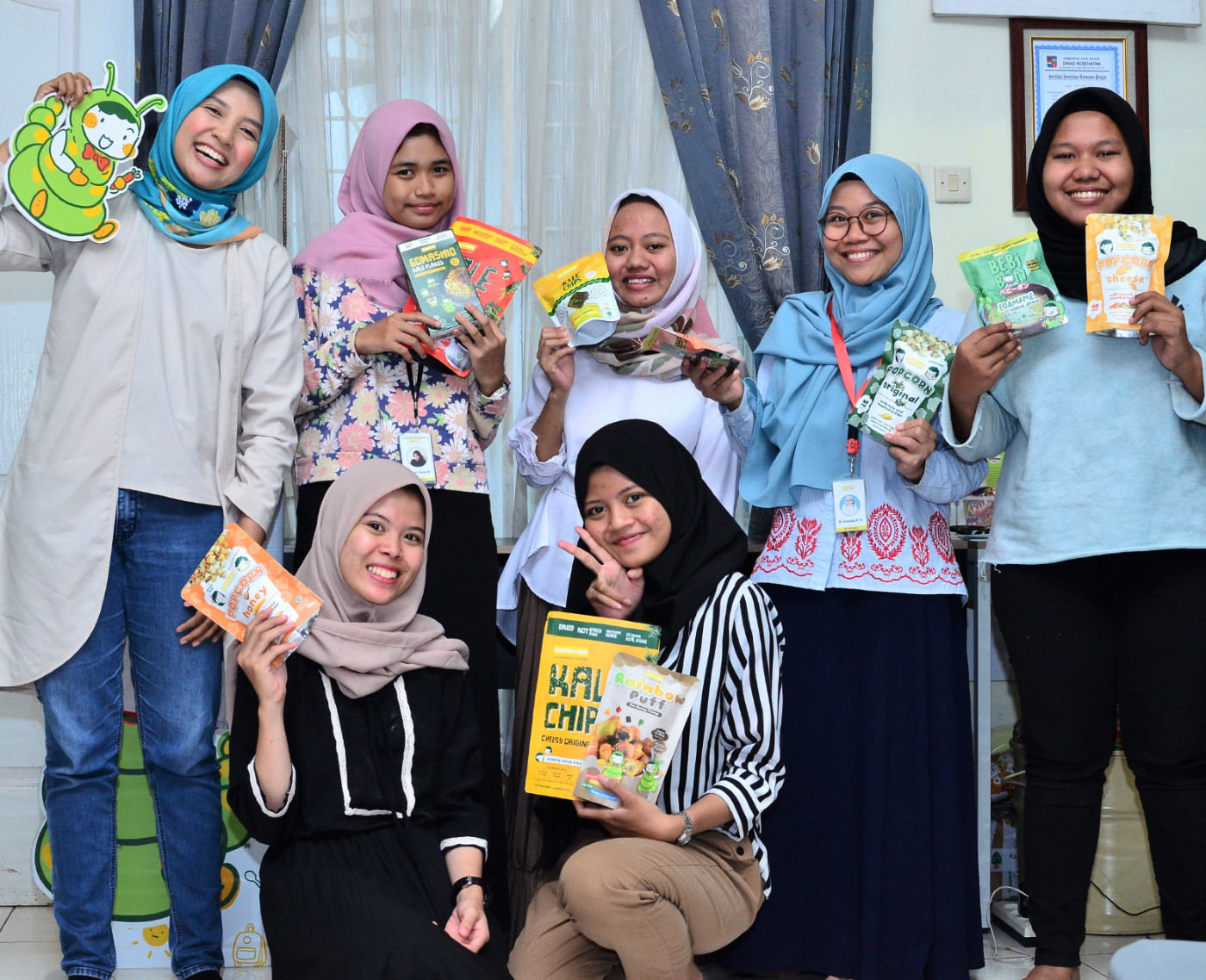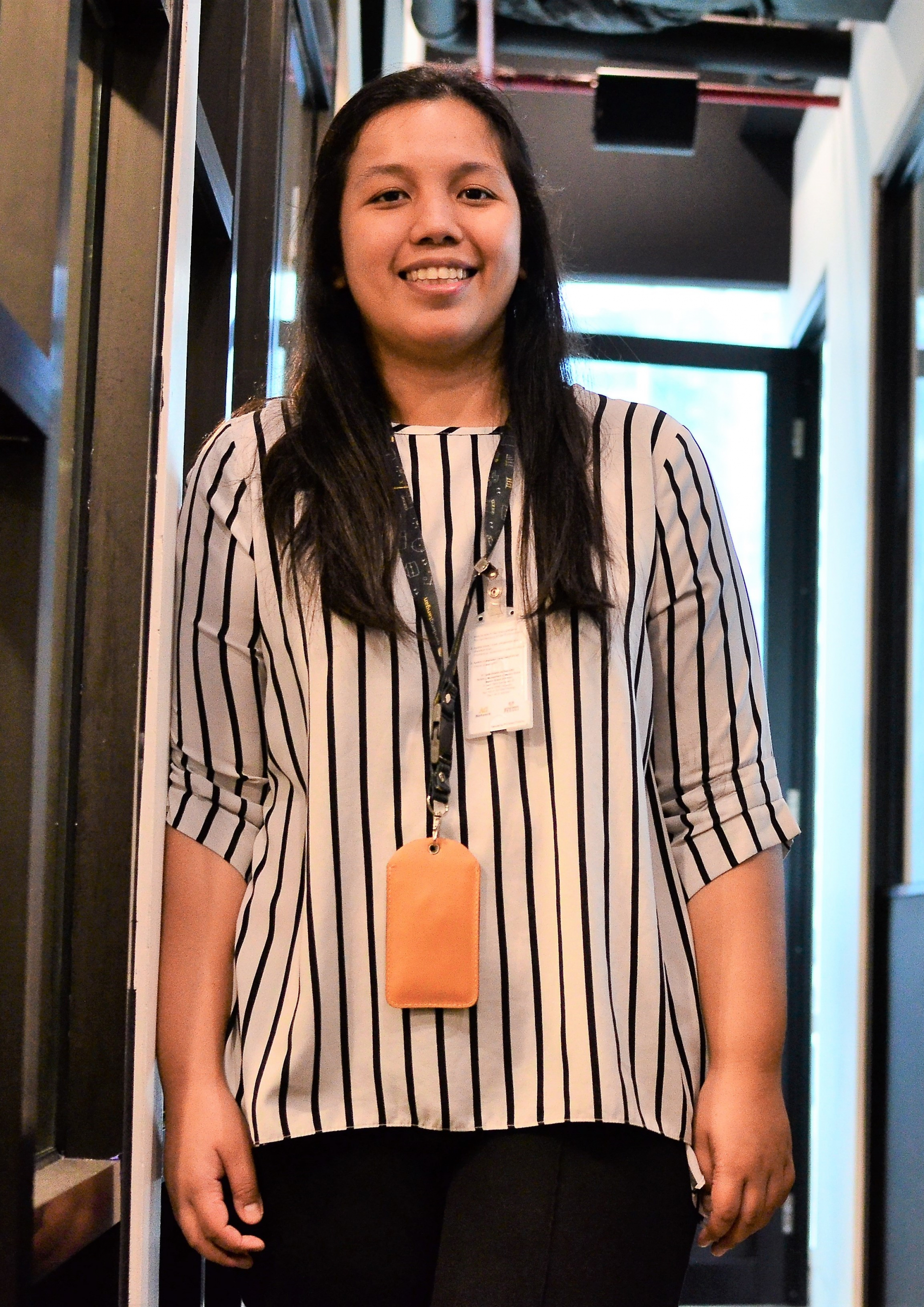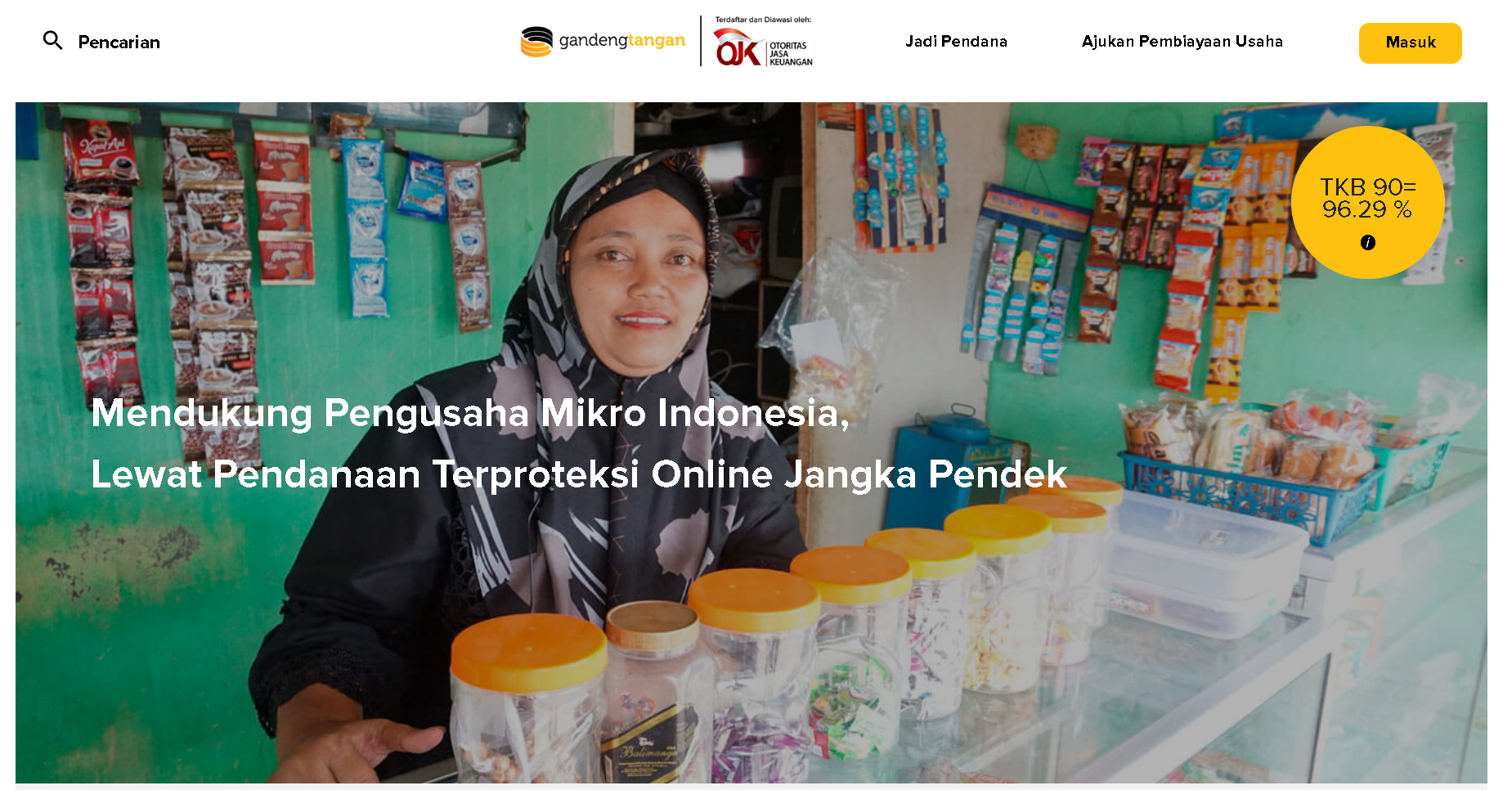While each of these founders embarked on their own unique journey to social enterprise, all of them benefited from the support from mentors, giving them a leg up in the ultra-competitive world of startups.
For Ms. Winata of Du’anyam, the input provided by incubators and angel investors proved critical to keeping the business competitive. “We have all the energy, we have our idealism, but the business experience of running a company was very lacking at the beginning,” she explained. “In this era, it is very easy to access information, so we need to move fast. That’s how we learn and we keep learning from mentors and investors, the ones who has more experience than us.”
Ms. Alfina of Sunkrisps also opted to take advantage of incubation and acceleration even from the early stages of the business, allowing her to tap into the extensive support network in Indonesia. As her business continued to grow, she participated in several capacity building programs through Indonesian incubator Instellar and also entered the Indonesia Impact Accelerator Program (IIAP) run by Kinara, ultimately walking away with $25,000 in funds to expand her already growing business. However, beyond financial support, the creation of a network of entrepreneurs allowed for a collaborative environment that supported not only the business side but also the mental wellbeing of the business owners.
SPF has recognized the critical role played by mentors and intermediaries in supporting an entrepreneurial ecosystem that provides opportunities for women-led and inclusive businesses. “SPF is committed to bringing lasting impact to the people and communities that we serve throughout Southeast Asia,” explained Ayaka Matsuno, Director of SPF’s Gender Investment and Innovation Department. “As part of this work, we aim to enable social entrepreneurs to provide sustainable solutions and impact to their communities, and we believe that supporting intermediaries is crucial to create an environment where these social enterprises can succeed.”
The GLIA toolkit, which will be launched on February 13, 2020, at the Asian Venture Philanthropy Network (AVPN) Southeast Asia Summit in Bali, Indonesia, is a key component of the foundation's commitment to supporting intermediaries. This interactive resource provides guidance to accelerators and incubators across Southeast Asia in an effort to create a more inclusive business ecosystem and support ventures that leverage the power of entrepreneurship to create a better world.
Photos by Agus Sanjaya
